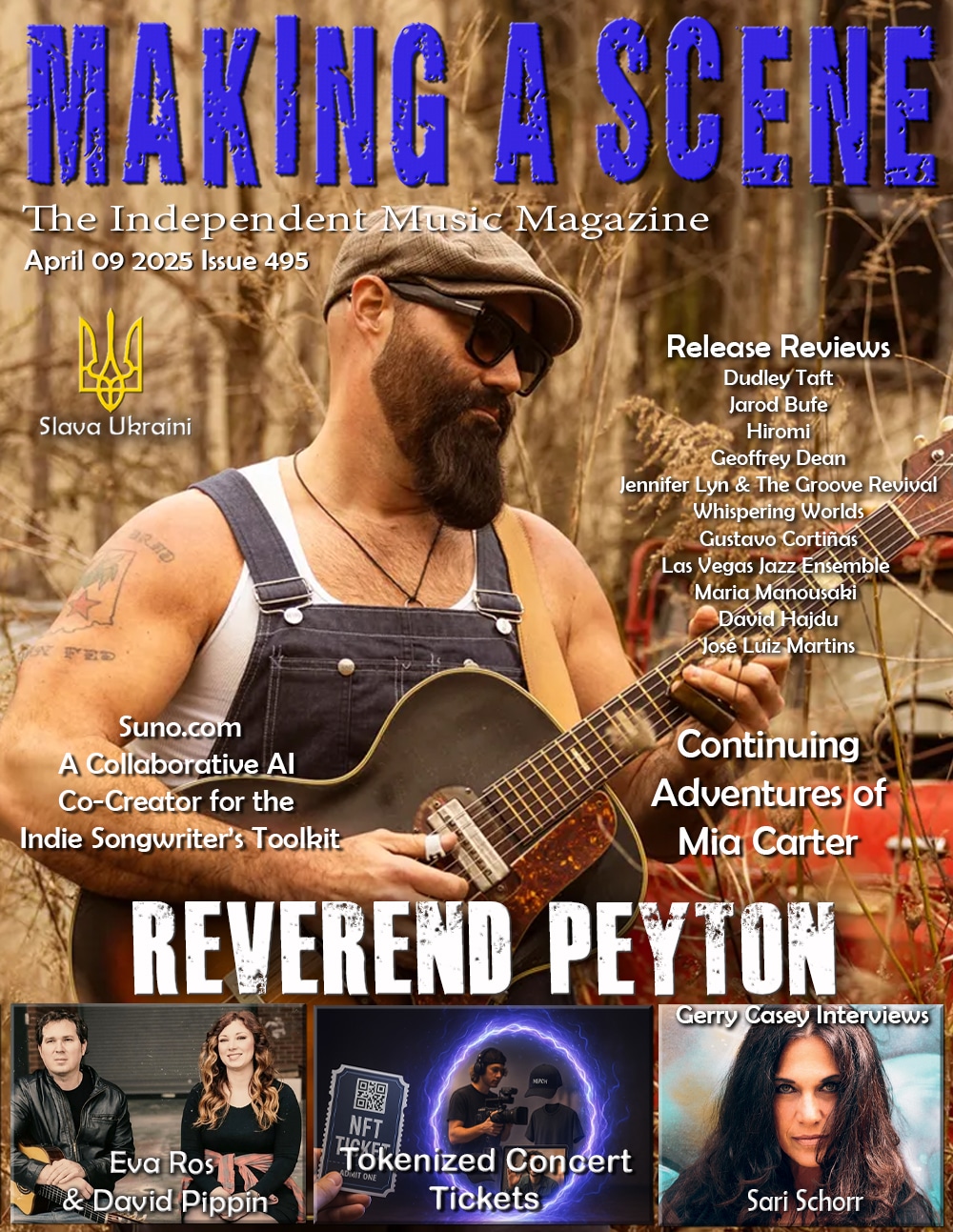Mute After You’ve Gone
 Mute
Mute
After You’ve Gone
Endectomorph Music
This is the second offering from the Asian-American quartet Mute, who made their debut with their self-titled album in 2019. While they are the essence of postmodern jazz, they make a few nods to tradition on this one, After You’ve Gone, named, of course, for the iconic standard. The quartet’s leading melodic voice is that of Kevin Sun (whose wonderful live trio album, The Fate of the Tenor, was covered on these pages this past March). Here Sun is playing C-melody saxophone, clarinet, and the double reed Chinese instrument, the suona. On piano is Christian Li, the bassist is Jeonglim Yang, and the drummer is Dayeon Seok.
They open with a steady shuffling arrangement of the title piece, with Sun singing the melody on his horn. Tempo shifts to a grinding halt on LI’s piano break with Yang and Seok stirring up quiet restlessness underneath. “Reagonomics” plays to a jagged, up-tempo gait, with a repetitive vamp reflecting the well-honed interplay of the unit. Sun soars on clarinet, weaving his way through the intricate pathway, further defined by bassist Yang in his robust turn and pianist Li in his percussive solo. The shrill “Taepyseongso Blues” features Sun on suano, renowned in China as among the loudest instruments. Cleverly, bassist Yang offers the antidote to that sound with his arco bass and Li follows with a similarly calm demeanor.
“China Boy” is one of two not composed by a quartet member. In Sun’s arrangement, the quartet weaves a pensive spell, with Seok’s clattering snares eventually raising the tempo. The drummer takes a long intro for the second part, which when followed by Sun’s rapid, liquid clusters bring the tune into free Ornette-like jazz territory. Yang kicks off his own “Not My Blues,” with a bass intro and teams seamlessly with drummer Seok in forming a syncopated groove over which Sun and pianist Li glide, with Yang thickening the harmonics with his arco bass in some passages. It’s certainly not a straightforward blues but it moves with authority.
Sun’s “Origin Story” is another that nods to tradition but in a most creative way. He recounts the first moments when legendary tenor saxophonist Lester Young, dubbed “Pres” first burst onto the scene by taking one of his first ever solos and playing it backwards. Li’s “Two Way Mirror” stands apart from the other pieces as the ensemble straddles modern jazz and R&B., the latter groove becoming more distinctly apparent in the second half of the piece. The ensemble proves its versatility here in an album where they’ve clearly established their chemistry and essence, cleverly incorporating tradition and touches of Eastern strains into the mix while sounding most contemporary.
- Jim Hynes
Buy Us a Cup of Coffee!
Join the movement in supporting Making a Scene, the premier independent resource for both emerging musicians and the dedicated fans who champion them.
We showcase this vibrant community that celebrates the raw talent and creative spirit driving the music industry forward. From insightful articles and in-depth interviews to exclusive content and insider tips, Making a Scene empowers artists to thrive and fans to discover their next favorite sound.
Together, let’s amplify the voices of independent musicians and forge unforgettable connections through the power of music
Make a one-time donation
Make a monthly donation
Make a yearly donation
Buy us a cup of Coffee!
Or enter a custom amount
Your contribution is appreciated.
Your contribution is appreciated.
Your contribution is appreciated.
DonateDonate monthlyDonate yearlyYou can donate directly through Paypal!
Subscribe to Our Newsletter
Discover more from Making A Scene!
Subscribe to get the latest posts sent to your email.












































